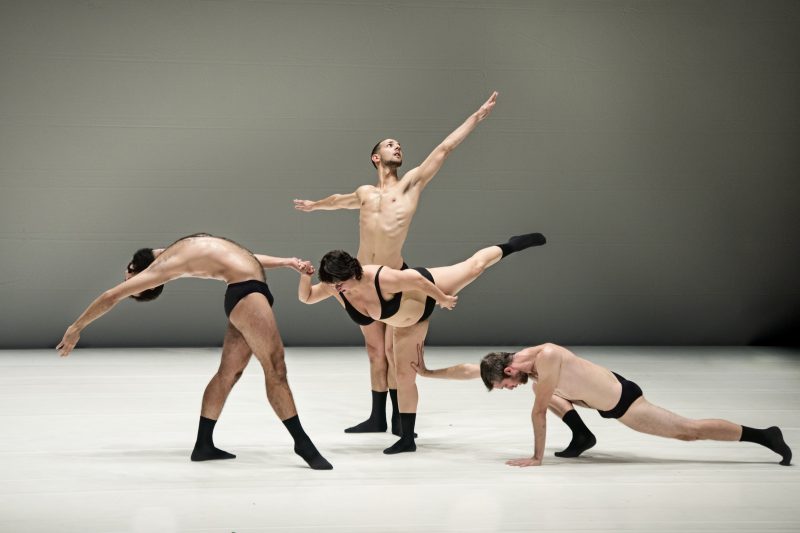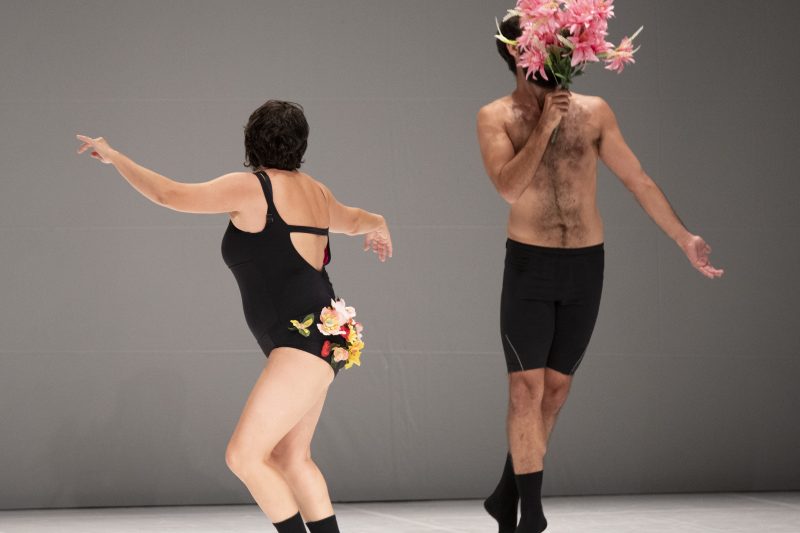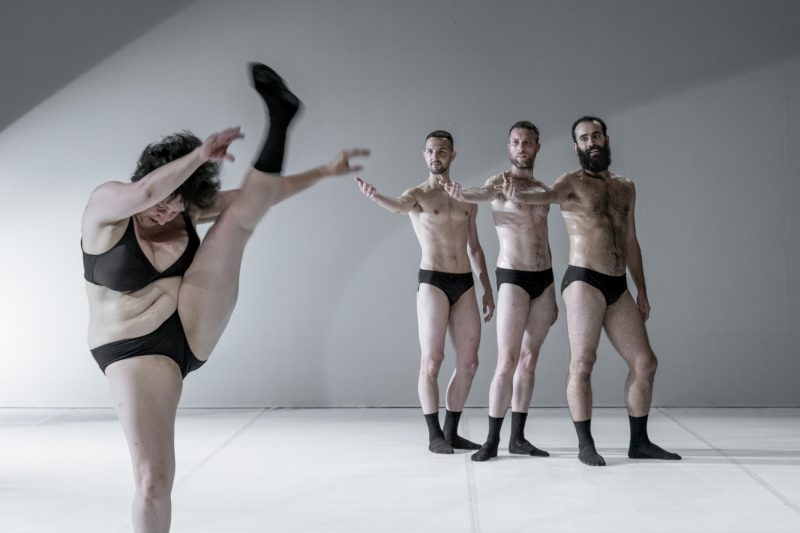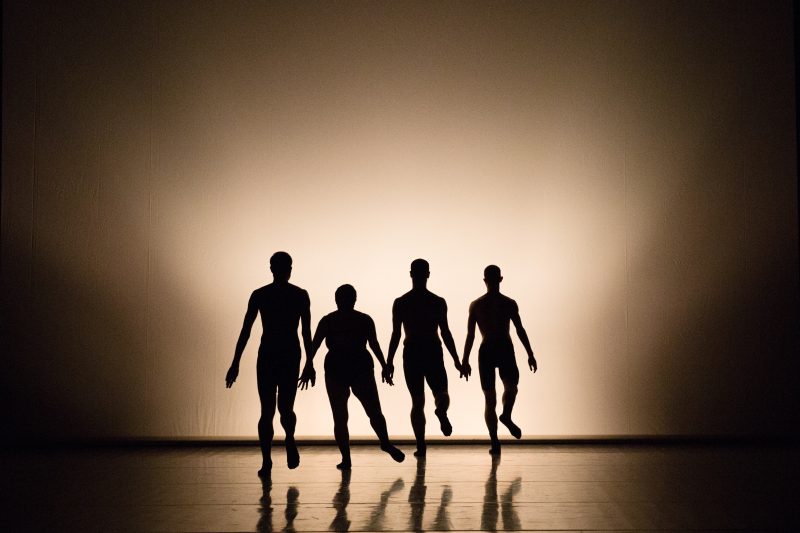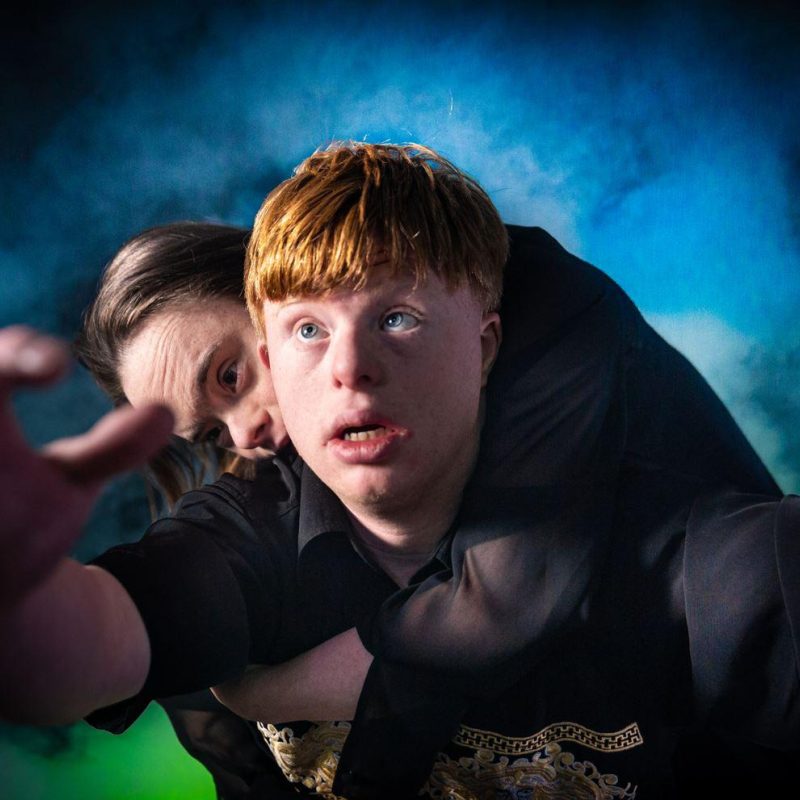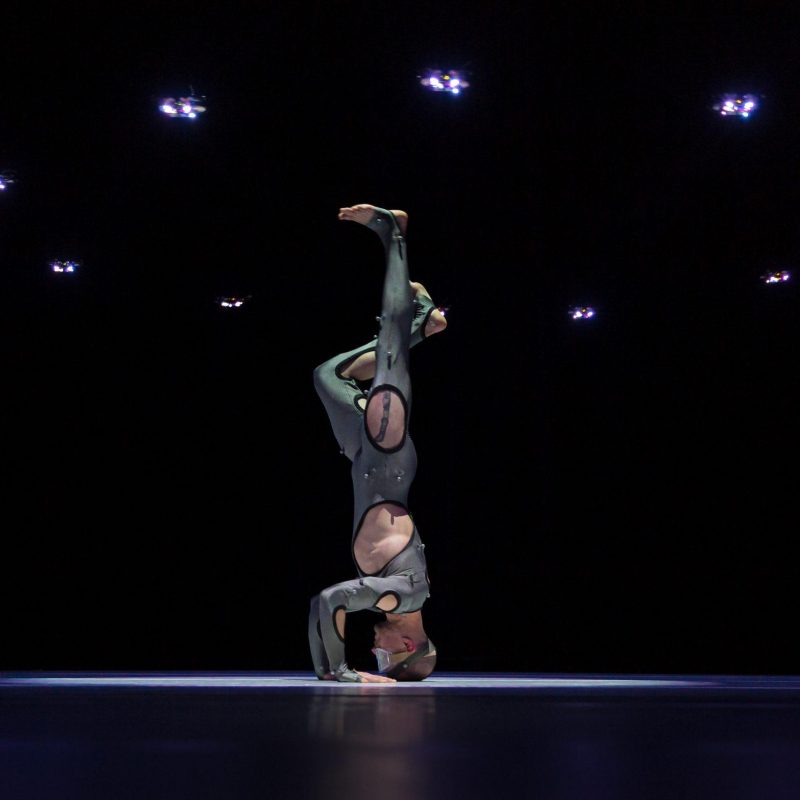De Italiaanse danseres en choreografe Silvia Gribaudi viert wereldwijd successen, maar was met haar voorstelling Graces pas één keer eerder in Nederland te zien – waarna de Theaterkrant verzuchtte hoe jammer het was dat niet meer toeschouwers dit hilarische, geraffineerde én betekenisvolle werk konden beleven. Die kans is er nu: het inmiddels bekroonde Graces is een van de absolute juweeltjes in onze negentiende festivaleditie.
Together with three male graces, Gribaudi's choreography questions ideas about human imperfection, and she does so with passionate humor and empathy, delightfully nimble and far beyond the expected or the cliché. Festival director Samuel Wuersten: "At first, you think 'this can't be true,' but soon you go for the axe: without any embarrassment, Silvia takes everything and everyone and especially her own imperfections and those of her dancers to task."
The Daughters of Zeus with Gribaudi as the shining centerpiece
Inspired by Antonio Canova's famous marble sculpture The Three Graces (created between 1814 and 1817 as a representation of a universal standard of beauty and proportion), Gribaudi places herself on stage surrounded by three male dancers in the roles of the daughters of Zeus portrayed by Canova: Euphrosyne, Aglaea and Thalia, representing joy, elegance and youth and beauty, respectively. In which Gribaudi (in the role of the artist or that of clown?) with her small, plump body and mischievous gaze contrasts sharply with the slim, trained bodies of the three "daughters. Clad only in underwear, the four explore - to music ranging from Vivaldi and Strauss to electronic and experimental - all possible interpretations of the concept of grace. And in the meantime, they make us think about what beauty really is and how we interpret it - often downright narrow-minded - on the basis of our own human values and identity.
